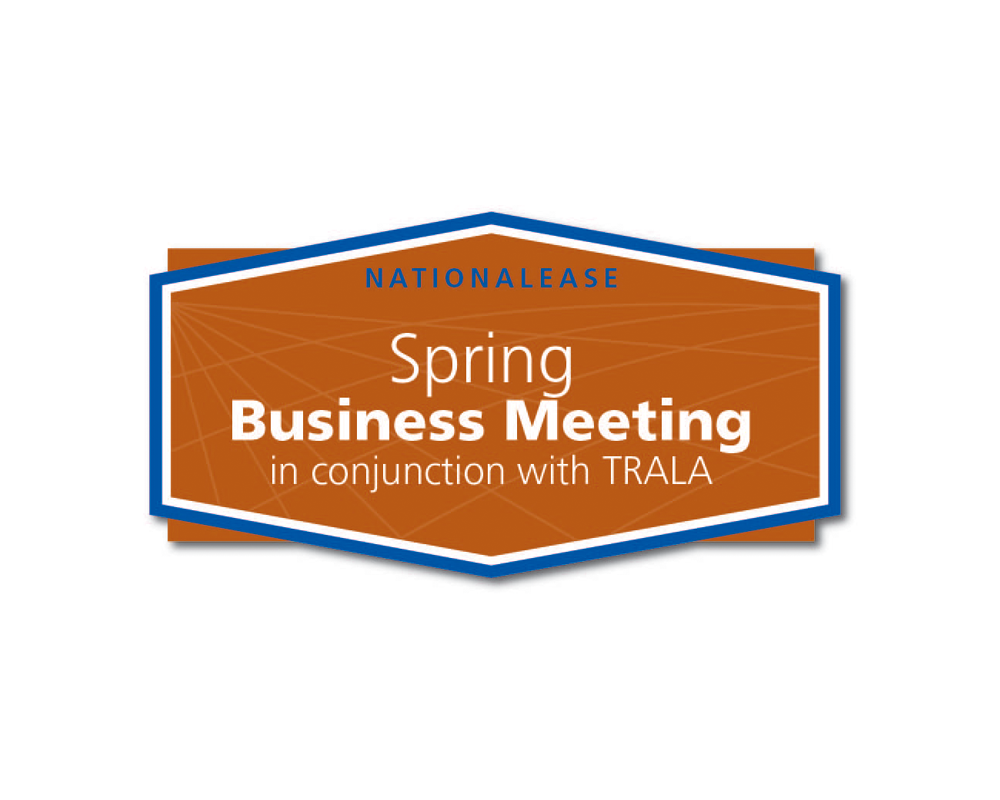Go to any bookstore and shelves will be filled with books on how to sell successfully. But real success often depends on some simple practices.
In two recent IdeaXchange blogs, Jane Clark, Vice President of Member Services for NationaLease addresses the issue of successful selling. She cites two speakers at the 2017 NationaLease Sales Meeting, Brent Hamachek, founder of Segueway Solutions, provider of business and financial advice, and Rick Baker, National Account Executive for NationaLease.
Hamachek focused on seven simple tips to improve sales success, laying out the steps that a salesperson should take in order to close a deal. Baker, for his part, focused on the traits that a salesperson should possess in order to be successful not just for the initial sale, but throughout the customer/provider relationship.
To be successful in the initial sales process, Hamachek stresses the importance of: maintaining control throughout the sales call or the sales process; having a conversation with customers instead of teaching them; manage the time you spend with customers effectively; not trying to close before you’ve addressed all of a customer’s questions and objections; and qualifying leads to make sure you are speaking with the right people.
The two other tips Hamachek lists: tell the truth and manage the process in both the short- and long-term, fits well with Baker’s discussion of the traits necessary for a successful salesperson. It should be obvious to every business that a long-term relationship with an existing customer is less costly to a company than finding a new customer. Although new business is essential to a company’s growth, it is more costly in time, money, and effort than it is to retain good customers over a long period of time.
Baker has an RRate measurement system that he feels customers should use to rate the quality of their salesperson. This system measures: reliability, responsiveness, assurance, tangibles, and empathy. For both Baker and Hamachek, a successful salesperson needs to be trustworthy, reliable and responsive to their customers’ needs and wants. In fact, trust may be the most important trait necessary for both the initial sale and the long-term relationship.
But in addition to these traits, Baker also notes that the trust factor extends into a customer having the assurance that the salesperson they know will be with the business for an extended period of time. It’s also important for a salesperson to have and express empathy. In other words, the relationship shouldn’t only be about the sale. If a customer seems to be expressing a concern that goes beyond that specific sale, the salesperson needs to demonstrate that he or she understands the issue and will “work hard to make things right.”
What’s clear is that sales success should not be measured as a one-off, but should instead lead to relationships that benefit both the provider and the customer for a long time.
Read Jane’s blog, “Simple tips for sales success,” and “How do you rate as a quality salesperson” in full.





